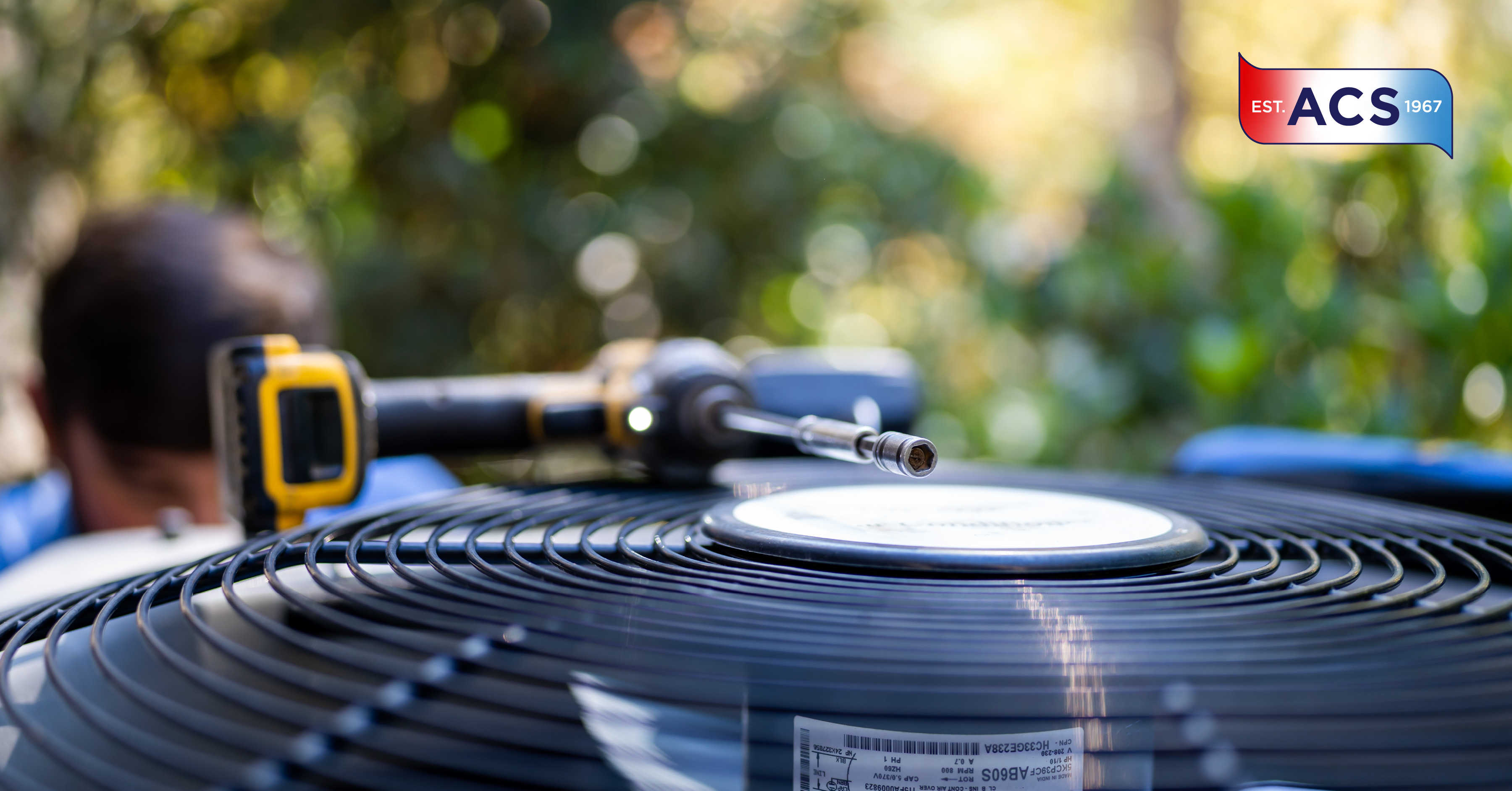From SEER to AFUE and overall energy efficiency, there’s a lot to understand when it comes to HVAC systems and their energy efficiency ratings. Check out our overview and see what you need to know to make the best choice for your unit.
SEER Ratings
SEER stands for Seasonal Energy Efficiency Ratio, and it measures the cooling efficiency of an air conditioning unit, specifically, over the course of an entire season during which it is needed. The SEER rating is calculated by dividing the output output of cool air (measured in BTUs, British Thermal Units) by the total electric energy input (measured in watt-hours) during a particular time period. For the consumer, the bottom line to remember is that a higher SEER rating means a more efficient air conditioner overall. A high SEER unit means that the air conditioning unit provides more cool air than the unit of energy it consumes to produce it.
Optimal SEER standards are set regionally– and this makes sense. A home would not demand the same cooling capacity in Montana as one would in Florida.
AFUE Ratings
AFUE stands for Annual Fuel Utilization Efficiency and measures the amount of fuel a furnace or other heating device converts in order to produce heat. AFUE is calculated on a scale of 0-100, and much like the SEER, the higher the AFUE, the more efficient the heating system. Unlike the standards for air conditioners, there is a minimum federal standard for AFUE ratings currently set at 80%. Should you find a unit with a rating of 90% to 93%, you can consider this a mid-efficiency system, and 94% to 98% a high-efficiency unit.
Why Do They Matter?
When you are shopping for a new heating or cooling system, energy efficiency standards are definitely something to pay close attention to. High SEERs and AFUEs equals higher energy savings, equals lower energy bills. Over time, saving on monthly bills can compensate for the dent that a new system makes in your wallet.
Additionally, if you are concerned about the effects of the output from your HVAC system on the environment, energy efficiency ratings can help you purchase a new system with confidence. The higher the energy efficiency, the less of a negative impact it can have on your surrounding area.
Choosing The Most Energy Efficient HVAC System For Your Home
Consider Costs, But Also Savings
Although higher SEER/AFUE units may have a higher upfront cost, the energy that they will save you over their 10 to 15-year lifespan will heavily offset this initial hit to your bank account. It’s relatively easy to calculate your potential energy savings when you compare it to your current system or others you may be trying to decide between.
Regional Considerations
Local climate will also play a large role in the decisions you make as you shop for energy-efficient HVAC systems. Potential savings in hot regions with long cooling seasons will be astronomical and worth the purchase of a high-SEER unit– and the inverse is true when it comes to furnaces.
Home Size and Demands
Your home’s square footage, room sizes, and insulation quality will also have an effect on the energy efficiency of your heating and air conditioning systems. A well-insulated home obviously retains more cool air in the summer and more warm air in the winter, easing the demands on your HVAC system. Note that if you have any insulation concerns, this will likely affect even the highest SEER/AFUE ratings.
Rely on the Air Conditioning Specialist
The Air Conditioning Specialist team is ready to answer any questions you may have about your current system’s energy efficiency or that of a new system you are looking to purchase. For more information on how to increase your system’s energy efficiency and your own savings, give us a call today!


